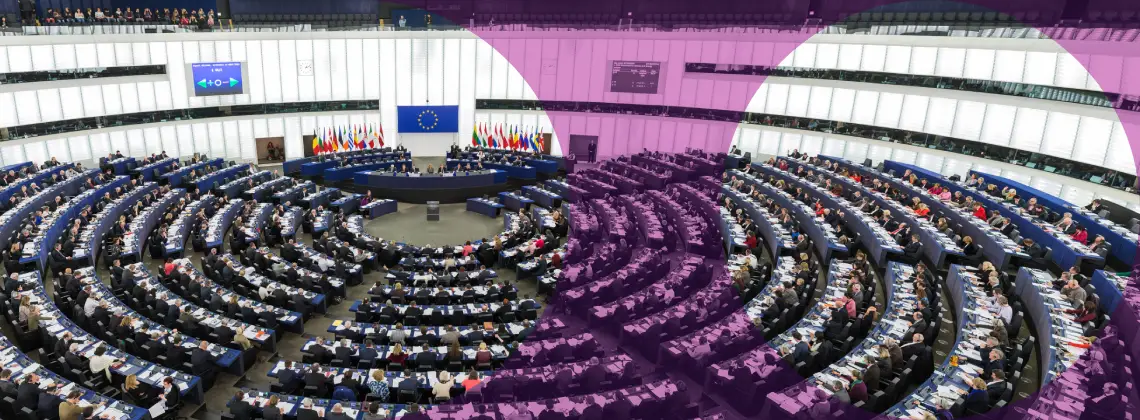Lexicon
What is the CSDDD?

What is the CSDDD? It’s an ESG-related European Union directive designed to make companies more responsible.
It’s no surprise that the European Union is ambitious when it comes to legislation, and the Corporate Sustainability Due Diligence Directive (CSDDD) is one example of that principle in action.
For board members and corporate leaders, the first big challenge with CSDDD is unpacking the specifics. What does it mean, and where does it fit in the acronym-filled sea of modern European lawmaking?
What is the CSDDD?
The Corporate Sustainability Due Diligence Directive (CSDDD) is a new set of EU rules which entered into force in July 2024.
It requires companies operating within the EU or dealing with EU-based markets to be accountable for their impacts on human rights and environmental impacts. This includes both internal operations and external value chains.
CSDDD-compliant companies will implement sustainable and responsible practices, particularly focusing on human rights, climate change, and environmental due diligence, from their operations to their suppliers and subsidiaries.
Why is the CSDDD important?
It’s important because its impact will be widespread. For many businesses, the new minimum standards will represent a major strategic change and responsibility.
Multiple stakeholders continue to debate the impact of climate change and social issues, as well as businesses’ collective responsibility to address them. However, Europe’s proactive approach means that countless companies will need to comply with new rules, upskilling and investing in new areas if necessary.
What businesses must comply with the CSDDD?
Large, limited-liability EU companies and some large non-EU companies must comply. Both categories are defined as follows:
- Large, limited-liability EU companies are defined as having more than 1,000 employees and a worldwide turnover greater than €450 million.
- Large non-EU companies are defined as having a turnover greater than €450 million inside the EU.
The rules won’t generally apply to SMEs, but there is a possibility that some may end up complying anyway – for example, as part of a larger company’s value chain.
What is the difference between CSRD and CSDDD?
At the most basic level, CSDDD is about adhering to standards, and CSRD is about reporting.
CSRD—the Corporate Sustainability Reporting Directive—is another major piece of EU legislation passed in the 2020s. Its overlap with CSDDD and similar-sounding name can easily lead to confusion, but the two are distinct.
Essentially, CSDDD mandates a minimum responsibility applicable companies must take towards the planet and its people. Meanwhile, CSRD mandates a benchmark for reporting this information so multiple stakeholders can understand and compare different companies.
CSRD and CSDDD have been designed to complement each other. Companies that must follow both sets of rules can benefit from streamlined workflows and aligned strategies that address both simultaneously.
As a board director, what are my responsibilities with CSDDD?
CSDDD will seriously impact strategy for many companies, and as stewards of strategy, board directors have a critical role to play in complying with the new rules.
The drive is all about due diligence processes, so directors must ensure these processes are thought through, developed personally, and embedded into the organisation’s business model.
This involves overseeing risk assessments, ensuring that effective monitoring systems are in place to identify potential human rights or environmental impacts, and working with management to mitigate risks. Directors are also responsible for ensuring that the company complies with the legal obligations set out in the directive, which may include liability for any harm caused due to non-compliance.

